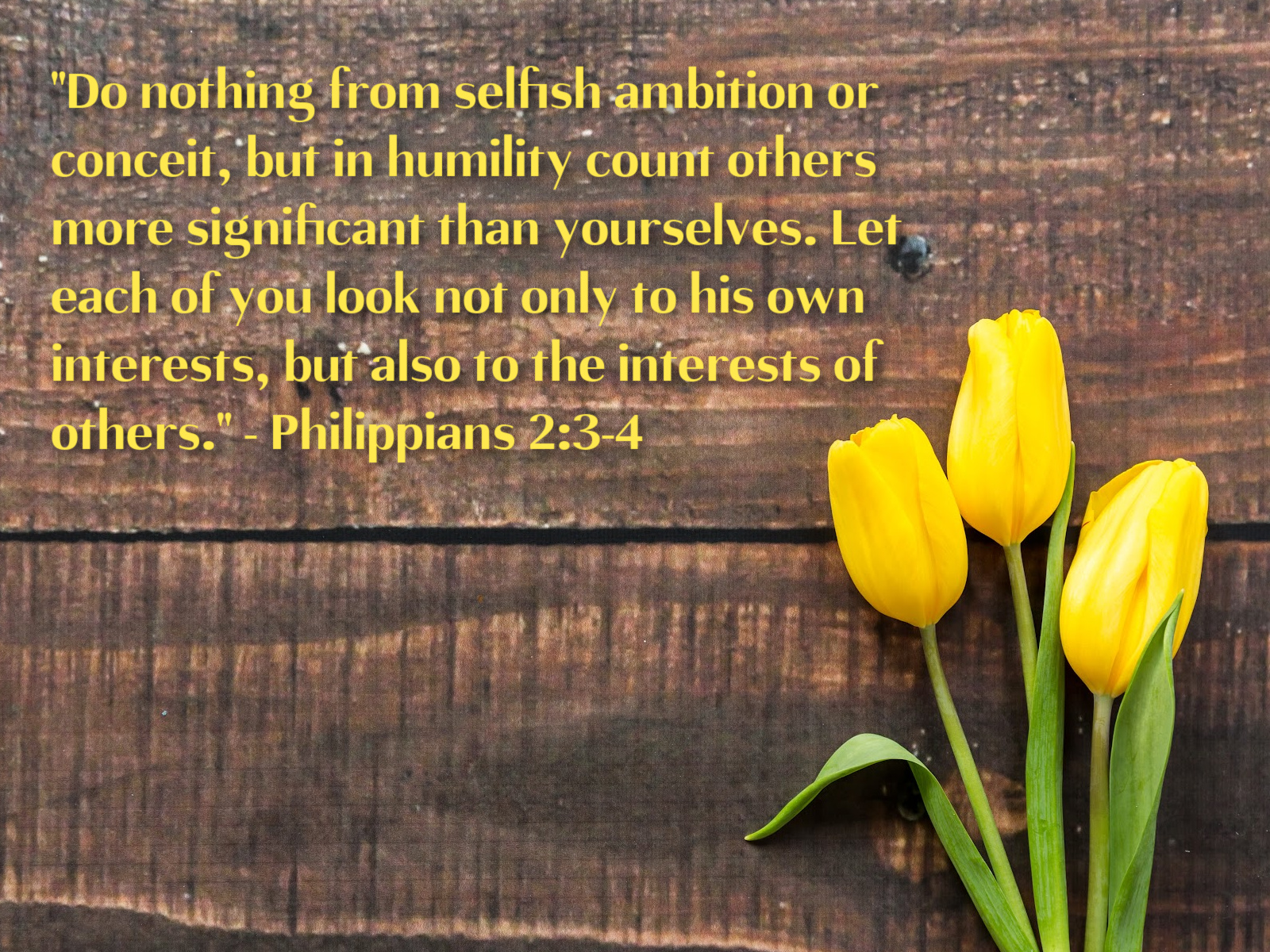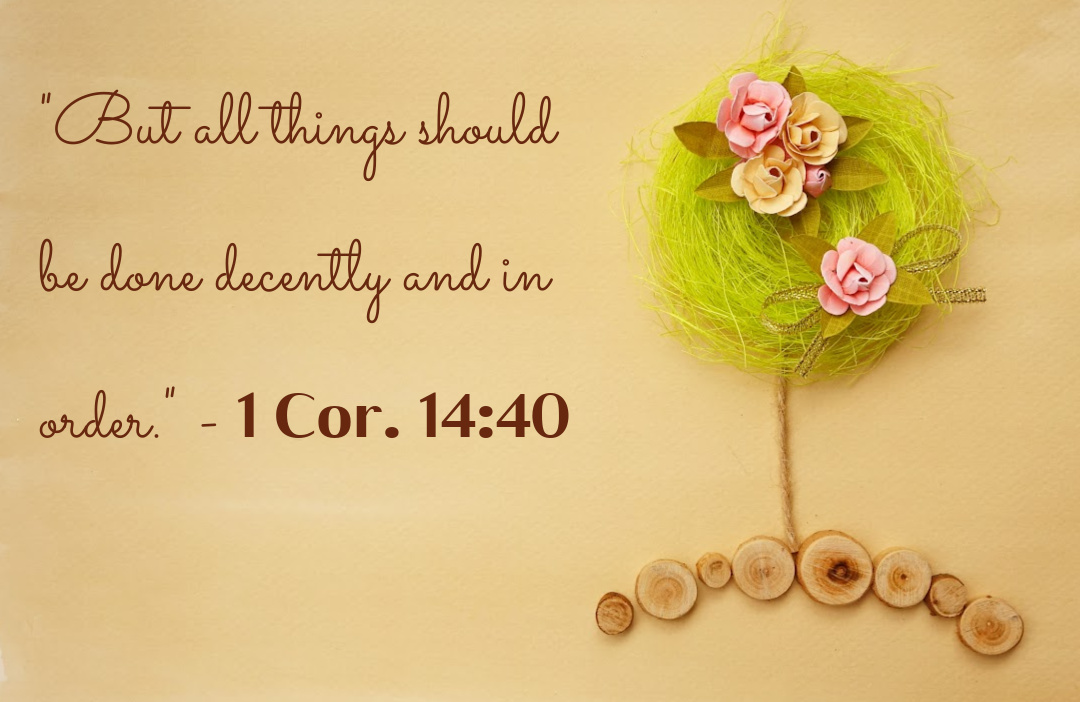What comes to mind when you hear the term “etiquette?” If you’re like me, the word likely evokes images of formal tea parties with guests dressed to the nines, not a stray crumb or rogue obscenity to be found. Maybe you envision lessons where girls take turns gliding across a ballroom, books piled high atop their heads to enforce perfect posture. Perhaps the very idea of etiquette feels old-fashioned, something of a bygone era when manners triumphed and authenticity was suppressed.

Current societal trends seem to suggest that etiquette is a thing of the past. But my experience at a Christian Homeschool convention earlier this month tells a different story: at the conference, a booth offering etiquette tutorials and resources was one of the most popular vendors in the conference hall. Parents crowded around the booth, asking questions and purchasing manners booklets, table setting placemats, and formal stationary sets. Two etiquette-focused workshops (one on how to raise proper ladies and another on raising young gentleman) were so crowded that attendees outnumbered seats.
Granted, Christian homeschool families in central Texas are not your typical demographic, so take the anecdote with a heaping spoonful of salt, but I have a feeling this eagerness to get back to traditional values and proper etiquette is more common than TikTok and Twitter bullies would have us believe. We’re a society that has strayed so far from proper decorum and common decency that we’ve begun to fray at the seems. Parents and even youths are taking notice; we’re eager for change, and we see that the recalibration we desire may come down to something as simple as basic etiquette.
But what is etiquette, exactly? The dictionary defines it as “the customary code of polite behavior in society,” but I much prefer the definition provided in the etiquette workshop I attended: etiquette, as defined by Monica (our speaker), is “helping those around you to feel valued and comfortable.” By this definition, etiquette DOES involve things such as polite manners and proper dress, but it is about so much more than that. Etiquette is a crucial component of healthy relationships and appropriate social skills, and every action taken in the name of etiquette is done for the purpose of looking to the interests of others.

I was not raised in a barn (figuratively, or literally either come to think of it, though that does sound fun): my parents instilled proper manners in my brother and me, reinforcing polite language and encouraging us to dress modestly, send out formal hand-written thank you notes, and engage in polite small talk with strangers. I am now in the position of teaching manners to my own children, and since we’re raising kids in the south, I have even upped my game a bit with the introduction of “sir” and “ma’am” to my kids’ everyday vocabulary. (This was not a thing in southern California, where I grew up, but it is one of the few Texan habits I was quick to adopt for my family.)
I truly cannot fathom a world in which good manners and politeness were not something I attempted to pass on to my children. And yet, I’ve had my moments of wondering why this was so important to me. Was it about image? About giving the impression that our family has it all together? Did I want my kids to be polite so that others would think well of them (and, by extension, of me)? I felt there was more to my efforts than this; my motives seemed altruistic, but I struggled to put a healthy WHY behind the importance I was placing on etiquette.
Monica’s definition of etiquette provided the clarity I needed. By framing etiquette as something we do to express kindness and impart value on others, I was able to connect the etiquette practices to my Christian values and beliefs. I started to see that etiquette was about much more than fussiness or reputation; when embraced for the right reasons, etiquette is an extension of our Christian walk and can have Kingdom value.

For instance, practicing good table manners (which may seem superficial) helps those around us feel comfortable at meal time and is a way we can bless our dining companions. Holding the door for a stranger is an act of generosity and kindness. Appropriate eye contact lets our conversation partners know they are seen and valued; good hygiene is a courtesy to everyone in smelling distance; and modest attire curtails unnecessary attention and protects the character and honor of others.
Another important takeaway from those workshops was that etiquette is not about policing others’ behavior. Practicing proper etiquette from a Christian stance means acting as we believe Jesus would act, while refraining from passing judgment on others for their improper actions. (In fact, a spirit of criticism is the antithesis of good etiquette!) Etiquette, when exercised appropriately, is an expression of graciousness, goodness, selflessness, and love.
Etiquette is NOT the Gospel, and my kids’ salvation does not hinge on whether or not they express gratitude for a meal or know how to offer a solid handshake. But etiquette IS a way that our family can shine light in a world of darkness. To this I say, “yes please! Thanks for the opportunity!”
